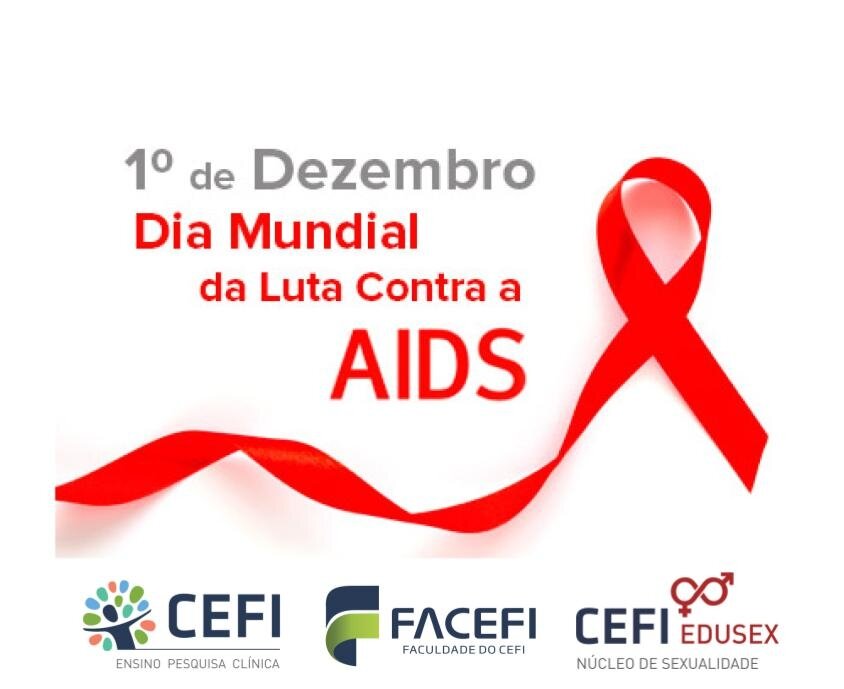December 1: World AIDS Day

Despite many advances and achievements in the fight against AIDS, the current scenario demands from managers and health professionals a continuous commitment to also fight prejudice, stigma and disinformation around HIV / AIDS.
HIV / AIDS is related to gender inequality, with women being the most vulnerable population. Young women represent 60% of young people between 15 and 24 years old who lived with HIV / AIDS. Women living with HIV / AIDS face challenges related to their sexuality, reproduction and violations of their rights. We still see difficulties at all levels: individual, interpersonal, community, social and assistance. Thus, promoting an integrated approach to health, gender equality and human rights that is centered on women, and that reflects the interests of this population in all its diversity, is fundamental to guarantee the dignity and well-being of these women.
For this purpose, WHO developed the consolidated Guide on sexual and reproductive health and rights of women living with HIV / AIDS and mapped recommendations in eight areas: psychosocial support, healthy aging and sexuality, economic empowerment and access to resources, integration assistance services, empowerment to make safer decisions about sex and reproduction, facilitating diagnostic disclosure for HIV-positive women who are afraid or exposed to violence, types of delivery for better perinatal maternal results.
Among these, WHO recommends the inclusion of psychosocial support interventions as support groups and peer support. Women living with HIV must be supported to achieve satisfactory sexual intercourse and sexual pleasure. Women who decide not to have a sexually active life should also receive support about their decision.
Check out WHO recommendations at: https://apps.who.int/iris/bitstream/handle/10665/254634/WHO-RHR-17.03-eng.pdf

